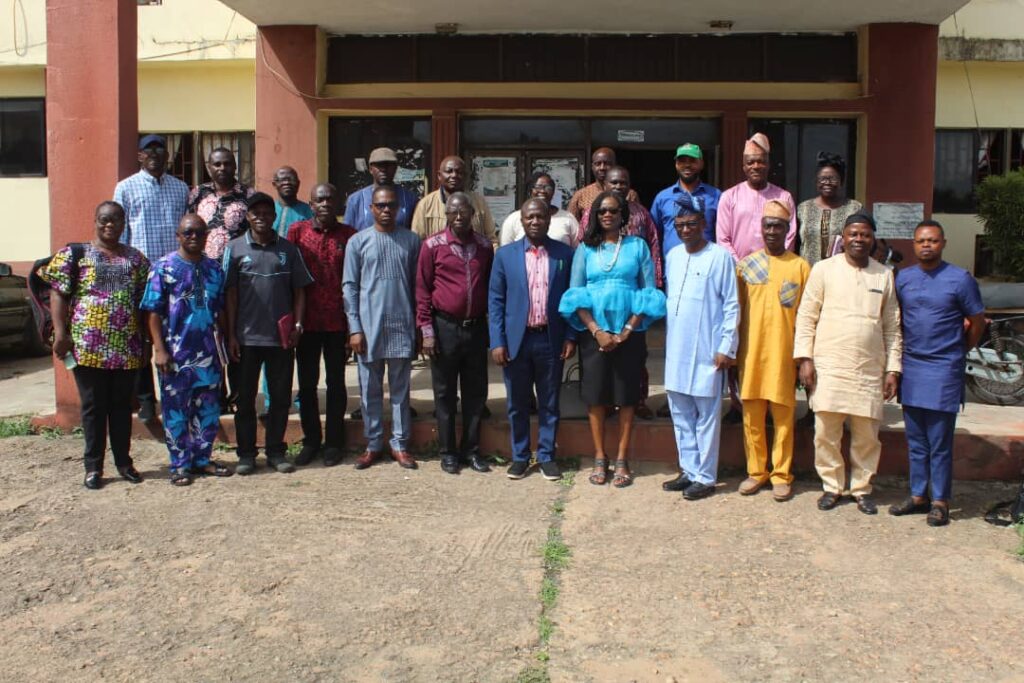
By Lekan Adejuwon
The Ekiti State Government has announced its partnership with the United States Department of Agriculture (USDA) on the Traceability and Resilience in Agriculture and Cocoa Ecosystem (TRACE) project.
In a press release by Mr Yinka Oyebode, Special Adviser on media to the Governor, the Lutheran World Relief (LWR) has been awarded funding under the USDA’s Food for Progress program to implement the project and strengthen the cocoa value chain in Nigeria.
The project will be implemented in collaboration with the Cocoa Research Institute of Nigeria (CRIN), International Institute of Tropical Agriculture (IITA), C-Lever, and Econometrica.
A delegation from the Ekiti State Government, led by the Special Adviser on Agriculture and Food Security, Mr. Ebenezer Boluwade, his counterpart; Special Adviser on Investment, Trade and Investment, Mrs. Tayo Adeola; and senior officials of Ministry Agriculture/Forestry Commission recently met with the TRACE delegates, led by the Deputy Chief of Party, Mr. Wale Awoyemi, and the CRIN team, led by Dr. Moses Ogunlade. The meeting was held to discuss baseline studies on cocoa production in the state.
The Ekiti State Government team reiterated its commitment to provide enabling environment and policy support for the successful implementation of the TRACE project. The state has a reliable database of farmers and access to land in the cocoa-producing belt that is suitable for production.
LWR’s partnership with the Ekiti State Ministry of Agriculture and Food Security will deliver sustainable programmes that will expand the state’s access to competitive markets for cocoa trade, potentially earn revenue, and move smallholder farmers out of chronic vulnerability and poverty.
The TRACE project is a significant step towards improving traceability and resilience in agriculture and the cocoa ecosystem in Nigeria. The Ekiti State Government looks forward to a successful collaboration with the USDA, LWR, CRIN, IITA, C-Lever, and Econometrica to achieve the set goals of the project. The project, which is worth approximately $22 million, covering six states of Ekiti, Ondo, Osun, Cross River, Abia and Akwa Ibom states and will be implemented over the next five years.

